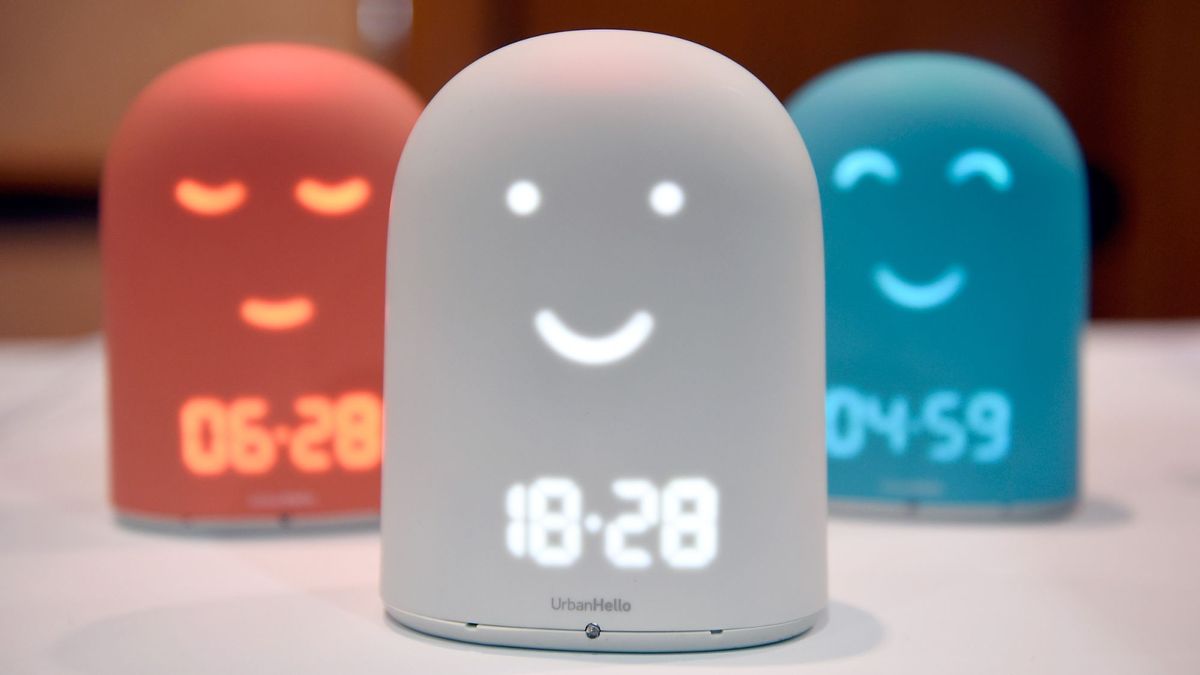New study suggests hitting the snooze button may be no bad thing
People who delay getting up perform better in some cognitive tests, research finds A new study from Stockholm University in Sweden has found that delaying getting up can boost people's cognitive performance and have little overall effect on their mood and sleepiness. The two-night laboratory study with 31 participants was conducted to assess subjects' sleepiness, mood, cortisol levels and performance after waking up. Participants who snoozed "exhibited improved memory functioning and solved simple addition questions faster in cognitive tests than participants who did not use the snooze button", though that performance was heightened only immediately after participants woke up, and tapered off when measured again 40 minutes later. The researchers also found that cortisol levels were slightly higher after snoozing, but that there were no differences in sleepiness or mood. The study was limited by the small sample size and the fact that it relied on self-reporting by participants, but may open doors for future research into people's waking habits.

ที่ตีพิมพ์ : 2 ปีที่แล้ว โดย The Week UK, Arion McNicoll ใน Science
Contrary to the conventional wisdom about the negative effects of snoozing in the morning, a new study has found that delaying getting up could boost people's cognitive performance and have little overall effect on their mood and sleepiness.
Researchers "have long wondered whether snoozing affects wakefulness or sleep quality", said , which prompted two researchers from Stockholm University in Sweden to do research into the effects of going back to sleep.
The scientists conducted a two-night laboratory study with 31 participants to assess subjects' sleepiness, mood, cortisol levels and performance on a series of maths and cognitive tests after waking up.
The results were "surprisingly" positive, said . Participants who snoozed "exhibited improved memory functioning and solved simple addition questions faster in cognitive tests than participants who did not use the snooze button", though that performance was heightened only immediately after participants woke up, and tapered off when measured again 40 minutes later.
The researchers also found that cortisol levels were slightly higher after snoozing, but that there were no differences in sleepiness or mood.
Assessing the findings of the research, one of the study's authors, Dr Tina Sundelin, said that despite the slight loss of sleep from hitting the snooze button, people who regularly delay getting up should feel free to continue doing so "if you enjoy it".
The study was limited by the small sample size and the fact that it relied on self-reporting by participants, noted. However, the findings may "open doors for future research into people's waking habits, such as the different ways in which snoozers wake up".
หัวข้อ: Data
